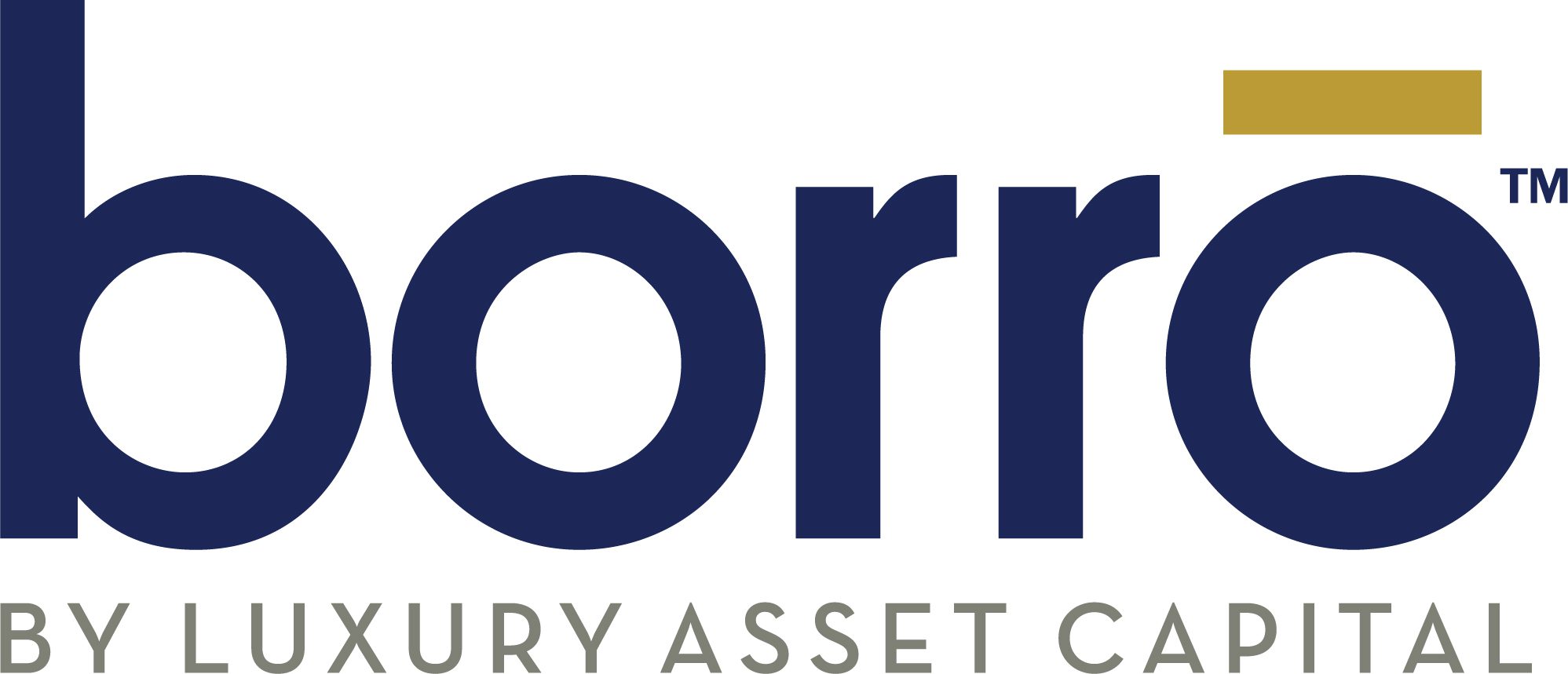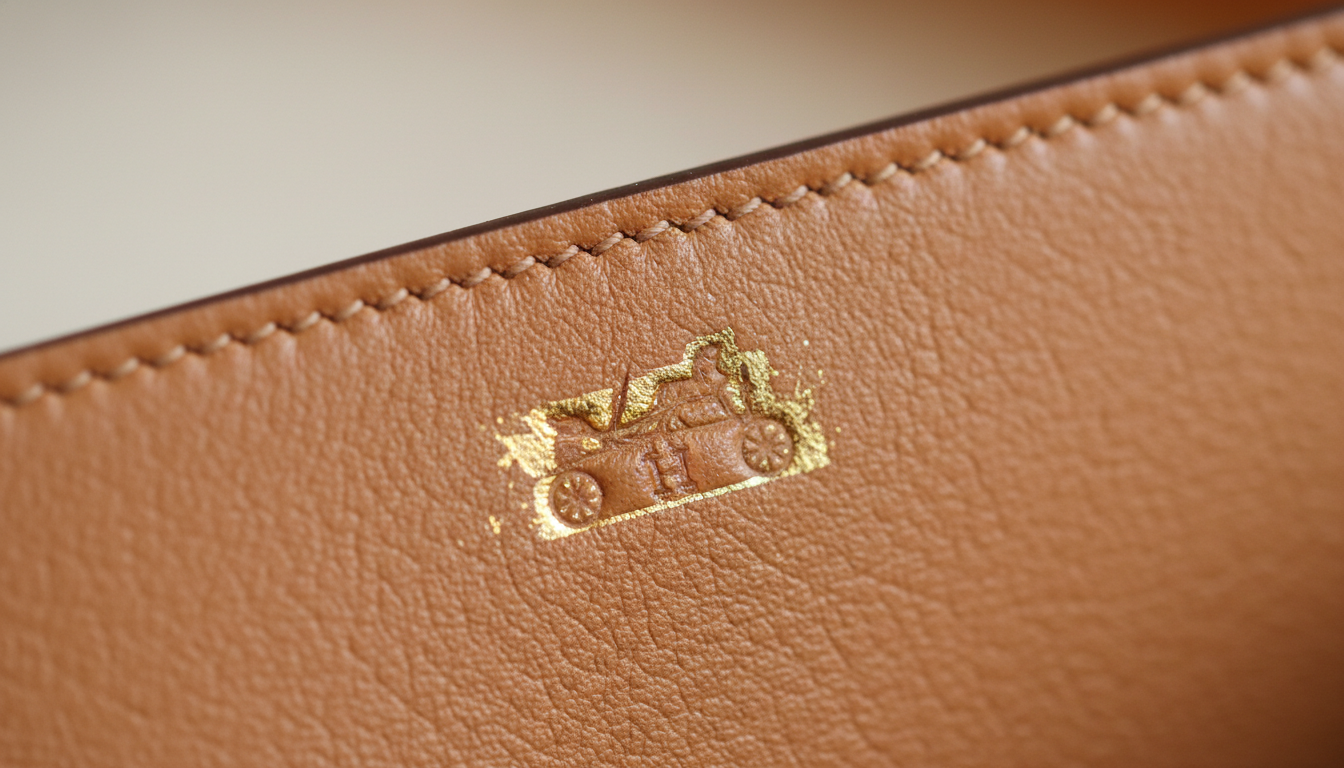Introduction
In today’s consumer-driven world, branding has emerged as a powerful tool that shapes consumers’ perceptions and influences their purchasing decisions. The concept of branding goes beyond just a catchy name or a unique logo; it encapsulates the overall perception and emotional connection consumers form with a product or a service. However, the importance of branding escalates to an entirely different level when it comes to the luxury market. In this realm, brands not only represent quality and exclusivity but also serve as a status symbol, a mark of prestige and affluence. This comprehensive article will delve into the complex world of luxury market branding and explore its profound impact on consumer behavior and market dynamics.
The Role of Branding in the Luxury Market
The Promise of Unparalleled Quality
In the luxury market, a brand’s name and logo are not just simple identifiers. They are powerful symbols that represent a promise of unparalleled quality and superior craftsmanship. When consumers invest in luxury goods, they are not merely buying a product; they are buying into the brand’s story, its legacy, its reputation, and the status it confers. Quality is a non-negotiable expectation in the luxury market. Consumers ready to pay the premium price for luxury goods expect nothing but the best in terms of quality. A strong, reputable brand assures them of this quality, reinforcing their confidence in their purchase.
The Essence of Exclusivity
Exclusivity is another critical aspect that luxury brands symbolize. The rarity, uniqueness, and exclusivity of luxury products make them highly desirable, and owning them is often viewed as a privilege. A powerful luxury brand can effectively convey this sense of exclusivity. The restricted access, limited editions, and highly curated experiences associated with luxury brands further amplify the feeling of exclusivity, making consumers feel a part of an elite group.
The Impact of Branding on Consumer Behavior in the Luxury Market
The Influence on Perceived Value
The impact of branding on consumer behavior is particularly significant in the luxury market. Strong, well-established branding can dramatically increase the perceived value of a product. Consumers are often willing to pay a premium for luxury goods because they perceive a higher value in them, thanks to the brand’s reputation and image. This perceived value is not solely derived from the product’s functionality but also from the prestige, status, and unique experiences the brand promises.
The Role in Cultivating Customer Loyalty
Further, branding plays a crucial role in cultivating customer loyalty in the luxury market. A robust and positive brand image can inspire trust and loyalty among consumers, encouraging them to make repeat purchases. It can foster a long-term relationship between the brand and its customers, transforming a one-time purchase into a lifetime of brand loyalty.
Case Studies: The Power of Branding in Action
To further understand the power of branding in the luxury market, let’s delve into a few case studies of iconic luxury brands that have successfully harnessed the power of branding.
Louis Vuitton: The Epitome of Luxury Fashion Branding
Louis Vuitton provides an excellent example of a luxury brand that has leveraged its branding to maintain a prestigious status in the luxury market. Known for its iconic monogram and high-quality products, Louis Vuitton has managed to maintain a strong presence in the luxury market. The brand’s consistent emphasis on quality, craftsmanship, and iconic design elements has allowed it to stay relevant and desired, even amidst changing fashion trends and market dynamics.
Rolex: A Symbol of Prestige and Success
Rolex, a globally renowned luxury watch brand, is another testament to the power of branding. Rolex has crafted a brand image that is synonymous with prestige, success, and reliability. The strength of the Rolex brand, marked by its iconic crown logo and commitment to excellence, has played a significant role in its enduring success in the luxury watch market.
Conclusion
The power of branding in the luxury market is undeniable. A strong brand can significantly influence consumers’ perceptions and decisions, making it an indispensable tool for success in the luxury market. Understanding the power of branding and leveraging it effectively can help luxury brands enhance their exclusivity, foster customer loyalty, and ultimately drive their success in the intensely competitive luxury market. Brands that can craft compelling stories, deliver on their promise of quality and exclusivity, and form deep emotional connections with their consumers will continue to thrive in the dynamic landscape of the luxury market.


